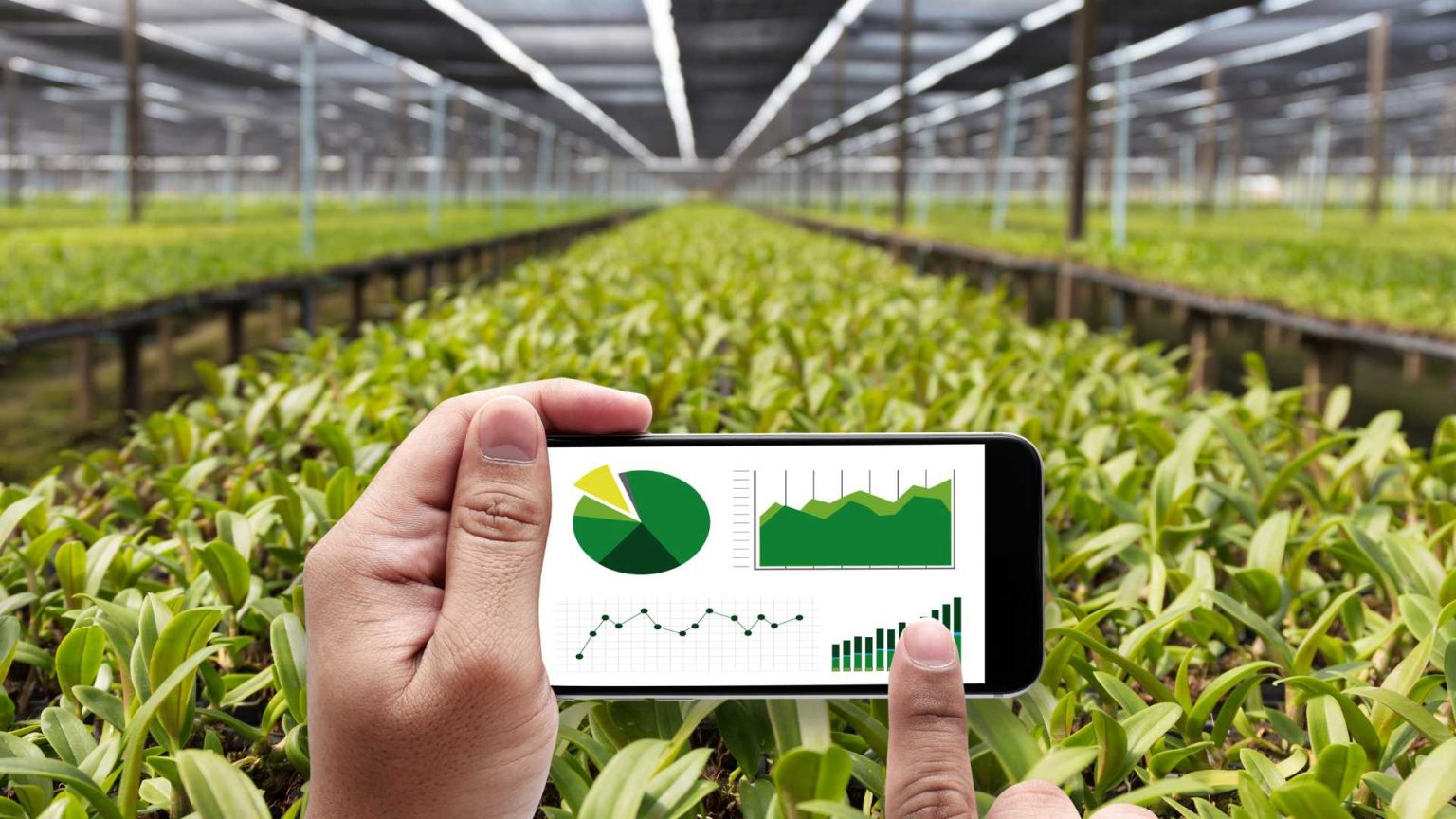
An Agribusiness course is an educational program designed to provide students with a comprehensive understanding of the principles, practices, and management strategies involved in agricultural production, marketing, and distribution. These courses cover a wide range of topics related to agriculture, economics, business management, and sustainability. The primary goal of an Agribusiness course is to prepare students for careers in agribusiness management, agricultural marketing, farm management, and related fields by equipping them with the knowledge, skills, and tools necessary to succeed in the agribusiness sector.
The curriculum of an Agribusiness course typically includes core subjects such as agricultural economics, farm management, agricultural marketing, and agricultural policy. Students learn about fundamental concepts such as supply and demand dynamics, price analysis, market structures, and risk management in agricultural markets, as well as advanced topics such as value chain management, agribusiness finance, and agricultural technology adoption.
One of the key aspects of Agribusiness courses is their emphasis on practical application and real-world experience. Students engage in case studies, field trips, and experiential learning activities to explore the various aspects of agribusiness management and gain hands-on experience in agricultural production, marketing, and distribution. They learn how to analyze market trends, develop marketing strategies, and make informed decisions to maximize profitability and sustainability in agribusiness operations.
Agribusiness courses also focus on developing students’ understanding of sustainability and environmental stewardship in agriculture. Students learn about sustainable agricultural practices, resource conservation, and environmental regulations affecting the agribusiness industry. They also learn about the importance of social responsibility and community engagement in agricultural business operations.
Many Agribusiness courses incorporate discussions on emerging trends and technologies in agribusiness, such as precision agriculture, vertical farming, and agtech innovations. These topics help students understand the evolving nature of the agribusiness industry and prepare them to leverage new opportunities and innovations in agricultural production, marketing, and distribution.
Agribusiness courses may be offered at various academic levels, including undergraduate, graduate, and professional development programs. They may be part of broader degree programs such as Bachelor of Science in Agribusiness, Master of Agribusiness, or Master of Business Administration (MBA) with a concentration in Agribusiness, or standalone courses or certificate programs focused specifically on Agribusiness.
Upon completion of an Agribusiness course, graduates have a wide range of career opportunities available to them in various sectors of the agribusiness industry. They may pursue roles such as agribusiness manager, agricultural economist, farm manager, agricultural marketing specialist, or agricultural policy analyst in agricultural production companies, food processing firms, agribusiness cooperatives, government agencies, and nonprofit organizations.
